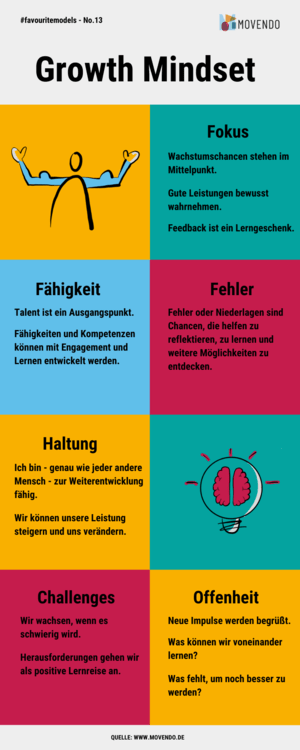Created by Susanne Stock
#favouritemodels No. 15 – Questioning techniques

Questions are practically always at the beginning of a dialog and open the door to our conversation partner. If two people talk to each other without asking each other questions, they inevitably talk past each other.
It is therefore simply part of the nature of communication that it is structured by questions! A skillful questioning technique helps to create a positive atmosphere and to find out more information about the person you are talking to or negotiating with and their goals. There are different types of questions, the correct use of which can be very helpful for us during a conversation. I would like to introduce you to some of these types of questions and show you when you can use them.
Opening questions
Opening questions differ from closing questions in that they allow the interviewer a much wider range of possible answers. With this style of questioning, you open up the other person, so to speak, and encourage him or her to give you a wide range of information on which you can then build the conversation. Some authors refer to this type of question as “open questions” or “W questions”. These therefore begin with question words such as: who, what, how, when, where, why, wherefore, what for, how much, with what, which, etc. Opening questions cannot be answered with “yes” or “no”, but only with a complete sentence. They are therefore always helpful if you want a detailed, individual answer and as much information as possible.
- What is your opinion on the planned reforms?
- “What do you think of Mr. Meier’s suggestion?
- ”How would you assess the situation in … ?”
- “Why do you want to leave your job?
Closing questions
Closed-ended question types only offer the respondent a limited number of possible answers. This is why this type of question is referred to as “closed”. The answer to such a classic closing question is usually “yes” or “no”, whereby this then refers to the very specific information requested. Closing questions are therefore suitable for obtaining preliminary and/or additional information or for clarifying or emphasizing important details of a conversation. Closing questions are particularly good tools when you want to obtain information briefly and concisely or reach a consensus quickly and purposefully during a conversation:
- “Have you got….?
- “Can you…?
- Do you agree with this?
- Do we agree so far?
However, using closing questions can also lead to undesirable results. This style of questioning steers the conversation away from the perspective and mental world of the questioner. As a result, valuable ideas and background information that only the other person knows and that could help to shed light on the overall context may remain unspoken. Therefore, their use should always be carefully weighed up depending on the situation.

Solution-oriented W-questions
Another questioning technique is interesting for settings in which the aim is to scrutinize and reflect on complex problems and contexts. These are usually coaching situations in which the person seeking advice wants to look deep behind a topic and gain new (self-)insights. In such contexts, it is solution-oriented questions that make it possible to break out of deadlocked thought and problem patterns. This is because solution-oriented questions also make it possible to address unconscious beliefs, patterns of action, longings and unfulfilled emotions. It is often only from this knowledge and with a changed perspective that fresh ideas and possible solutions can be developed. Examples of such questions are
- What exactly is your issue? How would you describe the current problematic situation for you?
- How does that make you feel?
- What could be the reason for this situation or your feeling?
- What should be different, what is your goal?
- How would you know that your problem has been solved?
- When has it ever been different?
- When does the problem not occur?
- What do you think you need to solve your problem?
- What can remain and for which situations would this be useful?
How does my #favoritemodel help you?
Questioning techniques help in a wide variety of contexts. It is wonderful to open up new horizons with questions. Be it in a coaching or leadership situation.
With their help, you can easily and simply initiate new ways of thinking and bring individuals and teams to solutions. Solutions that are asked for are often free of “advice” and thus, in my experience, have a much higher probability of being implemented. Incidentally, these can be practiced in both private and professional settings ;-)) Good luck and have fun practicing.
Author

Mark Wagner
Project partner




